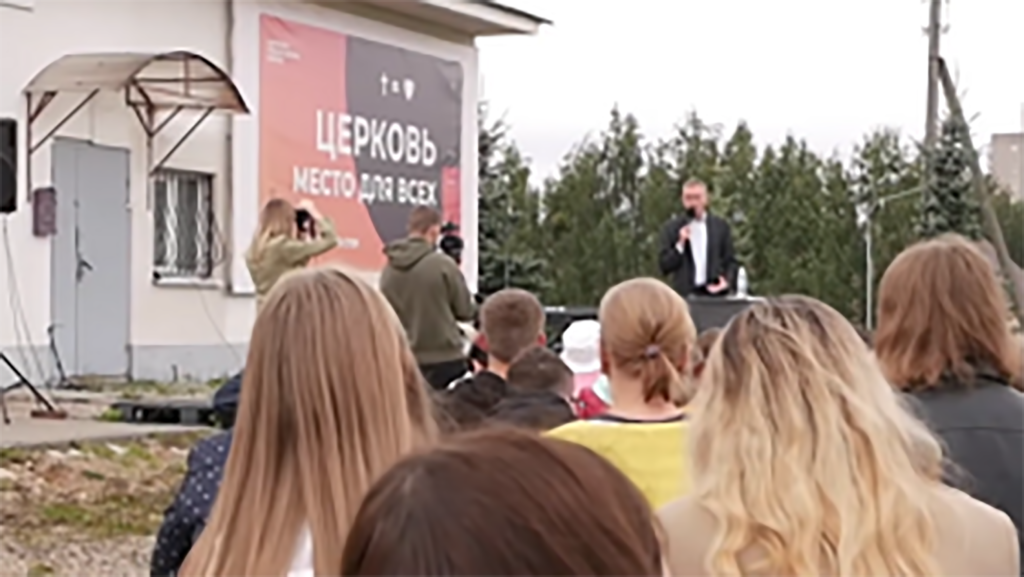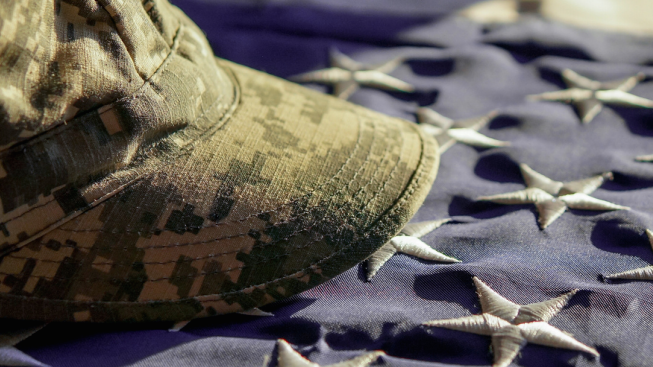Alexis Sitnikov had already been kidnapped twice and his ribs had been broken. He had a clear shot at a visa to the United States, thousands of miles from those tormenting him. But with all its dangers and faults, Grozny, Chechnya, was still home. And he could never leave the Baptist church he served as pastor.
When his friend Ivan Ivanovich encouraged him to leave, Sitnikov refused. He wanted to stay and build up the church in Grozny. “I will stay here and work for the Lord’s glory,” Sitnikov told his friend.
“He is a very committed Christian,” said Ivanovich, one of the Grozny church’s leaders, whose job is similar to minister of missions in an American church.
In October 1998, Sitnikov was kidnapped again. Now, more than a year after his abduction, his church family still prays for him regularly, even through the chances of his being alive seem to be diminishing.
After four kidnappings in the past year, the church reacted quickly in August when fighting broke out between Russia and Chechnya. All but 40 of the church’s 100 members evacuated to a neighboring city in another area of Russia’s North Caucasus region. The 40 church members remained hidden inside Chechnya’s capital, which was center stage for the fighting.
Since the Soviet Union crumbled in 1991, Chechnya has become one of the most dangerous places on earth — particularly for Christians. Chechnya declared its independence in 1991, a claim Russia has never fully recognized. After the second war there this decade ended in 1996, Russia granted Chechnya limited political autonomy.
Tensions reheated in August when Chechen militants seized control of the Russian republic of Dagestan. In September, after a wave of bombings around the Russian capital of Moscow, Russia invaded Chechnya in what it called a terrorist-fighting operation.
But the new wave of violence was just the latest in a series of setbacks for Grozny Baptist Church.
In October 1998, Muslim extremists kidnapped Sitnikov, who was pastor of the church. In March, the next pastor, Alexander Kulokov, was kidnapped. Two weeks later, a church member saw Kulokov’s head on display in a booth at the market in Grozny. Since then, a young deacon and a teenage girl have been kidnapped from the church.
The kidnappings aren’t limited to evangelicals. In the past several years, a handful of Russian Orthodox priests also have been kidnapped.
Ivanovich credits most of the problems to a sense of lawlessness in the republic.
Recently more barbarous acts have been revealed. Anja Hrykin, a 13-year old girl from the church, was found by Russian soldiers after being held for three months by Muslim extremists who beat, raped an starved her. She now is recuperating in the care of other refugee members of the church.
Ivanovich and his wife, ethnic Russians who have lived their entire lives in Grozny, haven’t escaped the escalating violence in their hometown either. Both have faced loaded rifles and been accosted by both Chechen militants and Russian soldiers over their ethnic identity. Although they are both Russian, they’ve been confused with Chechens before.
But whatever hardships they will face, Ivanovich said his church hopes to return to Grozny and rebuild. Many Chechens will return from refugee camps to a destroyed homeland. Therein lies a new ministry for the church, Ivanovich said.
“The Bible says your fruit shows your faith,” he said. “That’s what we believe.”
“We want to return to Grozny and show people we don’t hate them for what they have done. We love them and want to help them.” (BP)





Share with others: